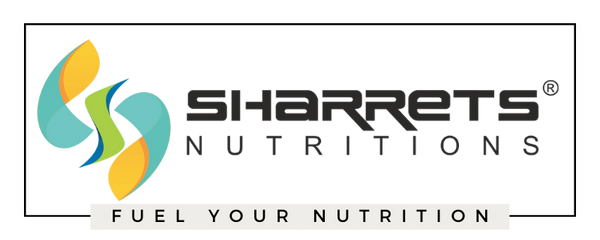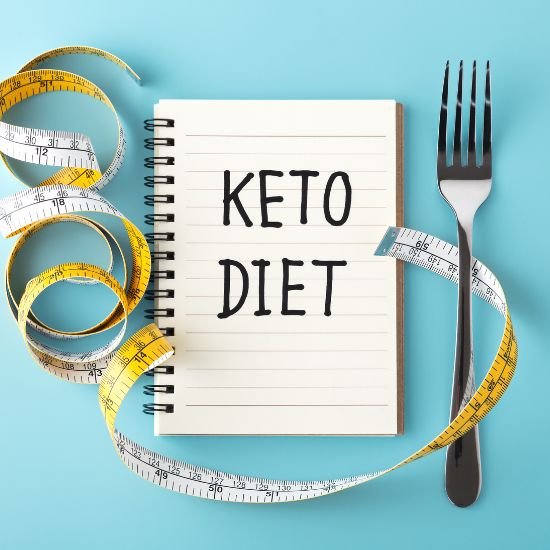
Vitamin C at a glance - It's benefits , Sources , Safety.
Share
Health Benefits of Vitamin C and Best Natural Sources
Introduction : Vitamin C (ascorbic acid) , is a water-soluble vitamin. While most animals are able to produce Vitamin C in their body, humans do not have the ability to make their own vitamin C; it must be obtained through their diet.
Low levels of Vitamin C have been associated with a number of cardiovascular disorders, including heart disease, hypertension, stroke, and atherosclerosis, as well as some cancers.
A sufficient intake of Vitamin C may help reduce the risk of developing some of these conditions.
Health Functions
A sufficient intake of Ascorbic acid or vitamin C , is important as it helps the body to :
- Make collagen, an important protein in skin, cartilage, ligaments, tendons, and blood vessels
- Helps - grow and repair tissues
- Vitamin c helps to heal wounds
- Helps to repair and maintain bones and teeth
- synthesize neurotransmitters
- Block, some of the damage caused by free radicals by working as an antioxidant along with vitamin E, beta-carotene and many other plant-based nutrients. This damage can contribute to the aging process and the development of cancer, heart disease, and arthritis.
The EFSA (European Food Safety Authority) , has confirmed that clear health benefits have been established for the dietary intake of vitamin C in contributing to:
- the protection of cell constituents from oxidative damage;
- normal collagen formation and the normal function of bones, teeth, cartilage, gums, skin and blood vessels;
- the increase of non-heme iron absorption;
- the normal function of the nervous system;
- a normal function of the immune system;
- normal energy-yielding metabolism;
- Vitamin C helps in the maintenance of the normal function of the immune system during & after intense physical exercise.
Disease Risk Reduction
Low levels of vitamin C have been associated with a number of conditions, including heart disease, high blood pressure (hypertension), stroke, some cancers, and atherosclerosis.
A sufficient intake of vitamin C may help reduce the risk of developing some of these conditions.
Vitamin C & Heart disease : Results of Researches on whether Ascorbic acid (vitamin C) is helpful for preventing heart attack or stroke are mixed. Vitamin C was not shown to lower cholesterol levels or to reduce the overall risk of heart attack, but some evidence suggests that it may help protect arteries against damage (atherosclerosis) by acting as an antioxidant.
Vitamin C & High blood pressure ; Population studies reveals that people who eat foods rich in antioxidants, including vitamin C, have a lower risk of high blood pressure (hypertension) than people who have poorer diets.
Vitamin C & Cancer : Results of many population studies reveals that eating foods rich in vitamin C may be associated with lower rates of cancer, including lung, stomach and possibly breast cancer. As these foods also contain many beneficial micronutrients and antioxidants, not only vitamin C, it is impossible to say for certain that vitamin C is protecting against cancer.
Vitamin C & Arthritis : Vitamin C (Ascorbic acid) is essential for the body to make collagen, which is a part of normal cartilage. Cartilage is destroyed in osteoarthritis, putting pressure on bones and joints. Research suggests that free radicals may also be involved in the destruction of cartilage, and that antioxidants such as vitamin C may limit these damaging effects.
There is some evidence that people who eat diets rich in vitamin C are less likely to be diagnosed with osteoarthritis or rheumatoid arthritis.
Vitamin C & Age-related eye diseases : Vitamin C appears to work with other antioxidants, including beta-carotene and vitamin E, to protect the eyes against developing disorders such as cataracts and macular degeneration (AMD); the leading causes of legal blindness in people over Fifty five . The people who seem to benefit are those with advanced age-related eye diseases.
Other disorders : Although the information is limited, studies suggest that vitamin C may also be helpful for boosting immune system functions, maintaining healthy gums, reducing effects of sun exposure (sunburn or redness), healing burns and wounds, reducing symptoms of exercise-induced asthma, and inhibiting the absorption of toxic lead.
Other Applications
Diabetes :Heart disease and stroke are the leading causes of death in individuals with diabetes. Evidence that diabetes
is a condition of increased free radical activity led to the hypothesis that higher intakes of antioxidant nutrients such as vitamin C could help decrease heart disease risk in diabetic individuals. To date, trials have not proven that supplementation with vitamin C is beneficial in treating (or preventing) heart disease in individuals with diabetes.
Common cold : Studies have shown that taking vitamin C supplements regularly (not just at the beginning of a cold) produces a small reduction in the duration of a cold (about 1 day). In studies examining people exercising in extreme environments (athletes such as skiers and marathon runners), vitamin C seemed to reduce the risk of getting a cold.
Intake Recommendations : The recommended daily intake of vitamin C varies according to age, sex, risk group and criteria applied in individual countries. While in the European Union a daily intake of 45 milligram vitamin C have been recommended for adults, in the U.S., 90 milligram per day for men and 75 milligram per day for women have been defined as adequate. Higher amounts of vitamin C are recommended for pregnant & breast-feeding women.
Supply Situation : Nutrition surveys in European countries suggest that only close to 50 percent of the population meet national intake recommendations for vitamin C.
Deficiency : Although serious deficiencies are rare in industrialized countries, some evidence suggests that many people may be mildly deficient in vitamin C. Smoking cigarettes lowers the amount of vitamin C in the body, so smokers are more at risk of deficiency.
Signs of vitamin deficiency include dry and splitting hair, inflammation of the gums, bleeding gums, rough, dry, scaly skin, decreased wound-healing rate, easy bruising, nosebleeds, and a decreased ability to ward off infection. Scurvy is a severe form of vitamin C deficiency.
Sources: Vitamin C is widely distributed in fruits and vegetables: citrus fruits: blackcurrants; peppers; green vegetables such as broccoli; Brussels sprouts, and fruits like strawberries, guava, mango and kiwi are particularly rich sources. Depending on the season, 1 medium-sized glass of freshly pressed orange juice (i.e., 100 grams) yields from fifteen to thirty five milligram vitamin C.
Safety : Although a number of possible problems with very large doses of vitamin C have been suggested, none of these adverse health effects have been confirmed, and there is no reliable scientific evidence that large amounts of vitamin C (up to 10 gram per day in adults) are toxic.
















